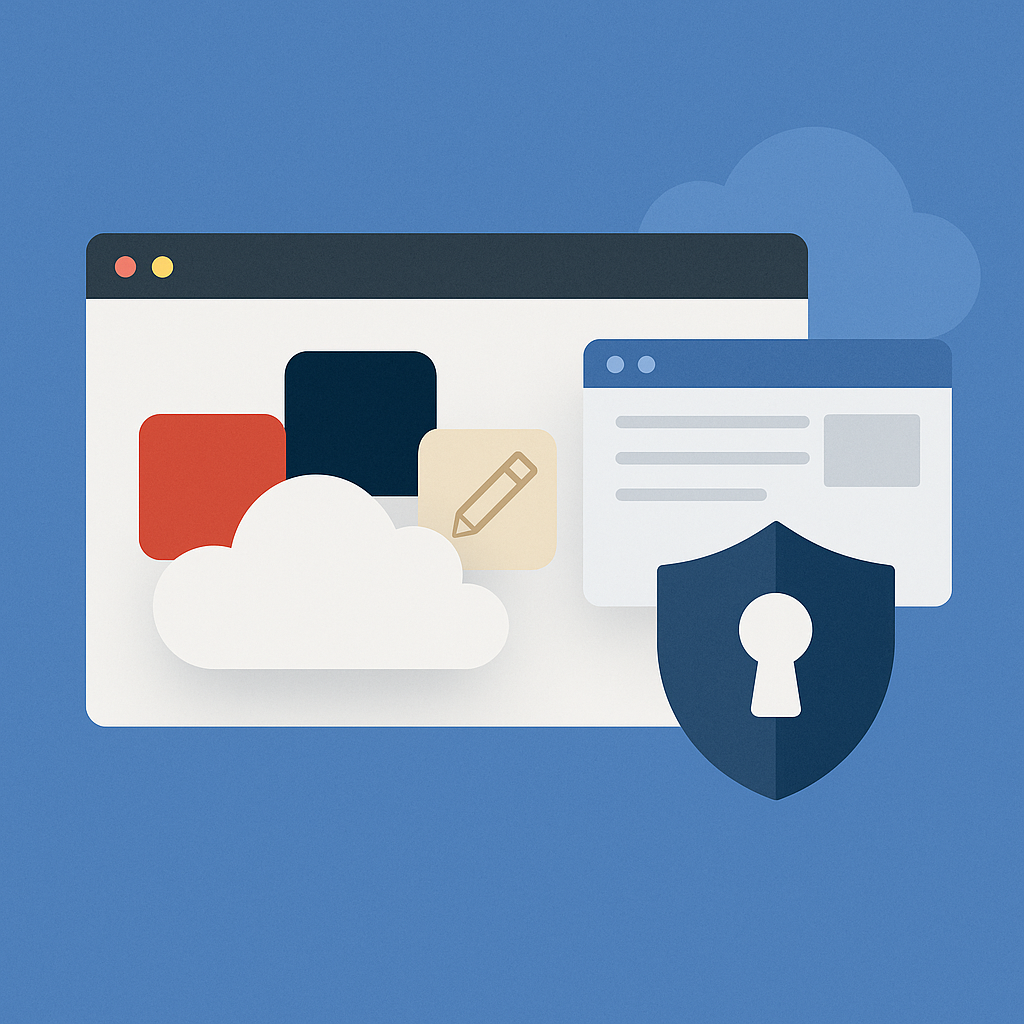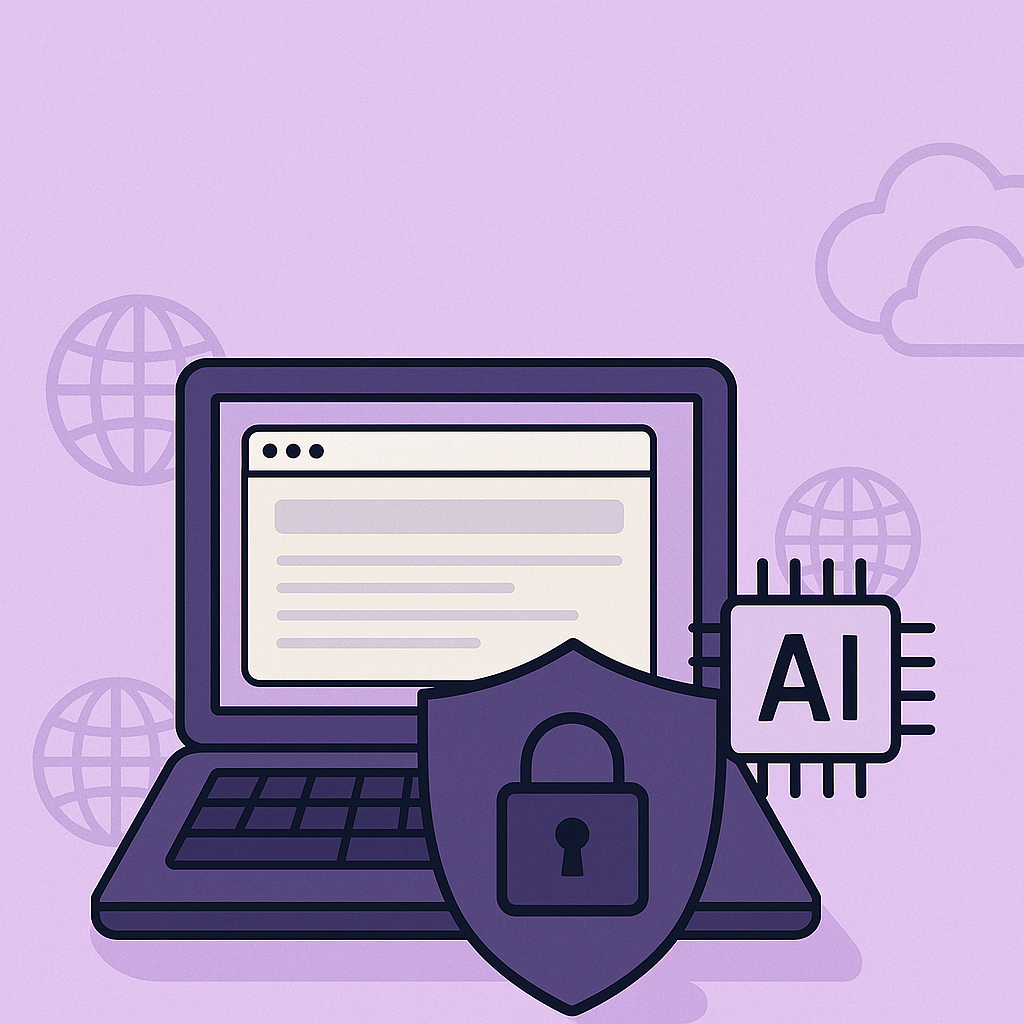As an increasing number of businesses are considering switching to Chromebooks, chances are many still rely on Windows-based applications.This begs the question: “Can I run Windows on Chromebooks?” The answer is yes. Connecting to virtual desktops and applications hosted on a Windows server and through RDS is one good option available today. While Windows PCs still dominate in businesses, Chromebook shipments are actually on the rise. They are also starting to gain momentum outside the education sector, particularly in financial services and retail, according to IDC. In addition, Chromebooks accounted for 5.5 percent of all PCs sold in 2017. This makes Chrome OS the only operating system that has passed the 5 percent market threshold besides Windows and macOS. IDC predicts that will rise to 8 percent by 2021.
Why choose Chromebooks for Business?
First, Chrome OS was built from the ground up for cloud computing. It provides users access to Google’s services through the Chrome web browser. Although it was originally designed for use on Google Cloud, it can also be used with other cloud services and legacy virtual applications. Four other major reasons why reasons businesses should consider adopting Chrome OS device include:
- Security – Chrome OS is extremely secure. In fact, there are no known viruses that have successfully attacked it. It’s built on a hardened Linux distribution, with security built into the hardware. A feature called ‘verify boot’ checks to see if the hardware has been compromised and if so, Chrome OS automatically switches to a secured partition. Application sandboxing ensures that applications don’t interact with each other. Every user’s information is encrypted separately so that they can share devices safely. The OS is updated every six weeks and in the background eliminating the need for lengthy installations and reboots. Further, Chrome devices have built-in antivirus software capabilities.
- Manageability – Google’s Chrome management console enables IT administrators to centrally manage a fleet of Chrome devices. From it, administrators can configure Chrome features for users, set up VPN or WiFi Network access, install Chrome Apps and extensions, set up printing and other peripherals, view device information, connect to remote desktops, and more. In addition—and in an effort to drive more enterprise adoption of Chrome devices—Google recently introduced Chrome Enterprise last year. With the Chrome Enterprise license, the OS now integrates directly with Microsoft Active Directory (AD) making running Windows on Chromebooks easier. Enterprise also integrates with other third-party software through APIs, has enhanced mobile device management features, single-sign-on support, managed OS updates, managed networks and proxies, and more. The license for Chrome Enterprise is $50/device/year.
- Cost – More and more businesses are moving their applications to the cloud, eliminating the need to purchase powerful desktop computers. There are a wide variety of thin-client based devices based on ChromeOS that come in at a much lower price point than Windows or macOS machines. Further, management and overhead costs are drastically lower in Chrome environments. To see for yourself, check out how much you could save over a three-year period with Chromebooks, the Chrome management console and related support services here.
- Performance – Chromebooks come with solid-state-storage (SSD) built-in, which means boot times are super fast. In contrast, comparatively priced Windows laptops come with old school HDDs that guarantee slow boot times and subpar performance. Chromebooks also perform much faster because there is little overhead on the lightweight OS and lightning-fast SSDs. Battery life on Chromebooks is far longer than its Windows counterparts, averaging over 10 hours.
- Applications – Many Chromebooks, Chromeboxes and Chromebases now support Android applications through Google Play, making more than two million applications available on the devices. This means users can download applications and use like Skype, work with Office files and be more productive offline. It also enables developers to build more business-related apps for Chrome devices that wouldn’t be possible with traditional PCs. In addition—though not yet fully optimized for Chromebooks—Microsoft has recently released Office Mobile apps for Chromebooks. To use the apps, businesses must have an Office 365 subscription.
Running Windows on Chromebooks
With all of the benefits Chromebooks, G-Suite and cloud and mobile applications have to offer, the fact is that many organizations still rely on legacy Windows applications. Running Windows on Chromebooks can be done a number of ways. First, Chrome Enterprise now integrates with VMware Workspace ONE and Airwatch, enabling companies to migrate virtual desktops and apps and manage devices to Google Cloud. However, that comes with a hefty price, as VMware licenses aren’t cheap. A better alternative that works for most use cases is migrating desktops and applications to Google Cloud through and RDP client and a cloud desktop automation, orchestration and management platform like itopia’s Cloud Automation Stack (CAS). Our automated discovery tool collects and stores all of the information about user profiles, workspace requirements, network nodes, file shares and peripherals, and provides a one-click deployment to Google Cloud. CAS also eliminates the need to configure any infrastructure on Google Cloud directly, and automates the entire cloud journey from end-to-end.
Chromebooks aren’t just for consumers and education anymore
While Chromebooks have gained the most traction in education to-date, businesses are now also adopting Chrome devices. Netflix, for example, uses Chrome OS devices in its cloud-based call center. The Better Business Bureau (BBB) has also issued Google Chromebooks and Chromeboxes for Business to 35 of its 50 employees. In doing so, the non-profit organization claims that it has reduced time spent on software updates and patches, and eliminated many of the security concerns around traditional PCs. Sandboxing, automatic updates and encryption built in to Chrome OS helps the BBB’s IT staff sleep better at night knowing that malware can’t get very far. Besides that, the organization claims that it is saving $900 per user on hardware and software costs. The BBB is on track to replace all PCs with Chromebooks, enabling its entire workforce to have secure and remote access to applications and data at all times. In addition, appliance maker Whirlpool is offering Chromebooks as an option to employees when it makes sense for their needs. Although less than five percent of the company’s 33,000 employees use the devices now, the company is in the process of expanding that. Hardware issues, device costs and maintenance around Windows and Apple machines are driving the company’s Chromebook initiative.
The fact is that inexpensive, high-performing and secure Chrome devices are an excellent option for most business use cases today. As more and more companies migrate their desktops and applications to the cloud, cloud-native devices just make sense.Further, by leveraging desktop and application virtualization technologies through RDS and an end-to-end, automated cloud desktop platform like itopia’s CAS, running Windows on Chromebooks is easier than ever. No complex—and expensive—VDI technology is required to make the move, either.
Learn more about itopia CAS here, and schedule a free demo today



